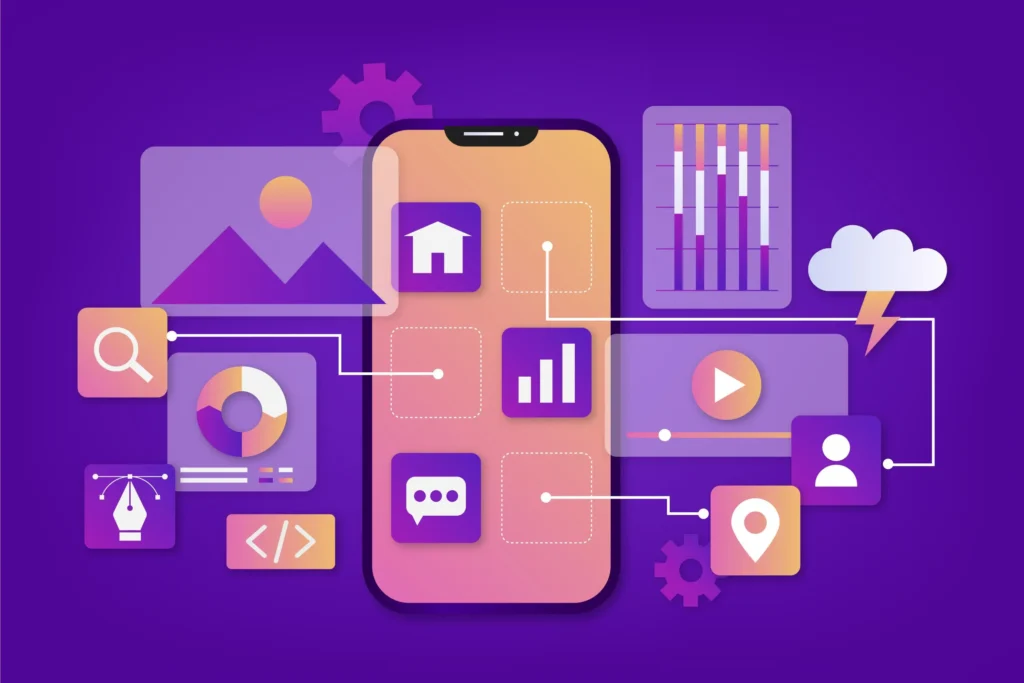
In the ever-evolving landscape of SEO, staying ahead of the curve is essential for any website owner or marketer. As we move into 2024, it’s clear that search engines have become more sophisticated, and the factors that influence a website’s ranking are constantly changing. In this comprehensive guide, we’ll dive into which on-page elements are currently carrying the most weight for SEO and how any SEO agency or an individual can optimize them to improve your website’s performance in search engine results pages (SERPs).
Understanding On-Page SEO in 2024
Before we delve into the specifics, it’s important to have a solid understanding of on-page SEO. On-page SEO refers to the practice of optimizing individual web pages to rank higher and earn more relevant traffic from search engines. This involves both the content and the HTML source code of a page. In 2024, on-page SEO is not just about incorporating keywords into your content; it’s about the overall user experience and how effectively your website communicates with both users and search engines.
User Experience Takes Center Stage

The user experience (UX) has become a crucial on-page factor. Search engines aim to provide users with the most relevant and user-friendly results. Websites that offer an exceptional UX are likely to be rewarded with higher rankings. This means that aspects such as site speed, mobile-friendliness, and intuitive navigation are paramount.
Key On-Page Elements for SEO in 2024
While there are numerous on-page elements that contribute to a strong SEO strategy, certain elements are proving to be more influential in 2024.
Title Tags
Despite the myriad changes in SEO, the title tag remains one of the most important on-page elements. It is the headline that appears in the search engine results and is a primary signal to both search engines and users about the content of the page. Ensure that your title tags are unique, descriptive, and include your target keywords.
Meta Descriptions
While meta descriptions do not directly influence rankings, they are essential for click-through rates (CTR). A well-crafted meta description can entice users to click on your listing over others in the SERPs. As such, they play an indirect role in your SEO success by driving more traffic to your site.
Header Tags
Header tags (H1, H2, H3, etc.) help organize content and guide readers through your website. They also provide context to search engines regarding the hierarchy and relevance of your content. Using keywords in header tags, particularly the H1, is still a best practice in 2024.
Content Quality and Relevance
Content is everything for SEO, and this holds true in 2024. High-quality, relevant content that satisfies user intent is critical for on-page SEO. Search engines are becoming increasingly adept at understanding content and its value to users. Ensure your content addresses user questions, provides unique insights, and is regularly updated to remain relevant.
Images and Alt Text
Images can enhance the user experience and also provide additional ranking opportunities through image search. Alt text (alternative text) describes the content and function of images on your page and is crucial for both accessibility and SEO. Make sure your images have descriptive, keyword-rich alt text that provides context to search engines.
Internal Linking

Internal linking helps search engines understand the structure of your website and the relationships between pages. It also helps users to navigate your site more precisely. Use descriptive anchor text for internal links, and make sure to link to and from your most important pages.
Schema Markup
Schema markup is a type of microdata that helps search engines interpret and display content more effectively. In 2024, implementing schema markup can enhance your visibility in SERPs with rich snippets, which can lead to a higher CTR.
Prioritizing Mobile Optimization

Mobile optimization for SEO is necessary in 2024 but previously it was optional. With the majority of search queries coming from mobile devices, ensuring that your website is mobile-friendly is a critical on-page element.
Responsive Design
Responsive design ensures that your website adapts to any screen size, providing a seamless experience for mobile users. Google uses mobile-first indexing, which means it primarily uses the mobile version of your website for ranking and indexing.
Page Speed
Mobile users expect quick load times. Page speed has been a ranking factor for some time, and in 2024, it’s more important than ever. Use tools such as Google’s PageSpeed Insights to analyze and improve the speed of your website.
Enhancing Website Optimization

To ensure that your on-page elements are effectively contributing to your SEO efforts, consider the following strategies:
Conduct a Site Audit
Regular site audits can help you identify issues that may be impacting your SEO performance. Look for broken links, errors in your HTML, duplicate content, and opportunities to improve your metadata.
Focus on User Engagement
Engagement metrics, such as time on site and bounce rate, can signal to search engines how valuable users find your content. Create interactive and engaging content that encourages users to spend more time on your website.
Optimize for Voice Search
With the rise of voice assistants, optimizing for voice search is becoming increasingly important. Ensure that your content includes conversational keywords and phrases that people might use when speaking to a digital assistant.
Final Thoughts
In 2024, the on-page element that carries the most weight for SEO is the overall user experience. This encompasses a range of factors from site speed and mobile-friendliness to high-quality, relevant content. While traditional elements like title tags and meta descriptions remain important, they are now part of a larger picture that prioritizes the user.

To stay ahead in the competitive world of SEO, it’s vital to understand and optimize these key on-page elements. By focusing on providing an excellent user experience and regularly updating your website to meet the latest SEO standards, you can improve your website’s ranking and drive more organic traffic to your site.





